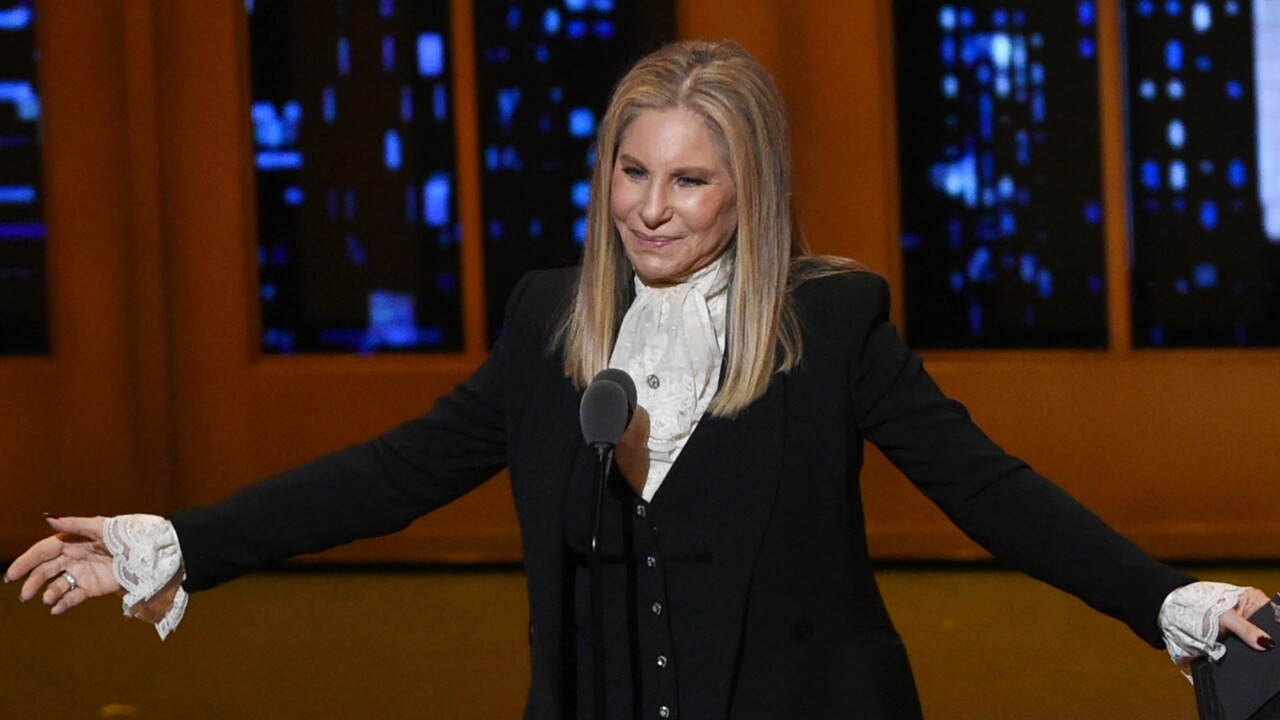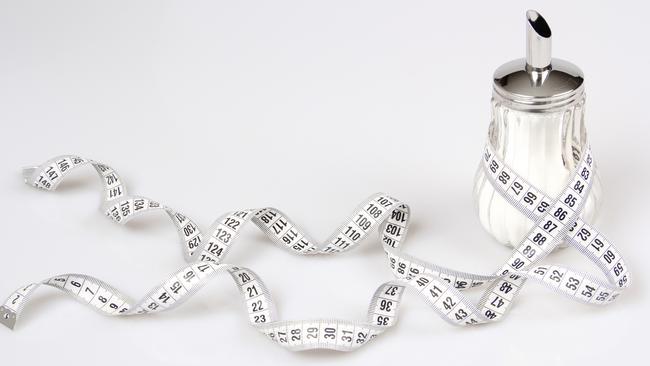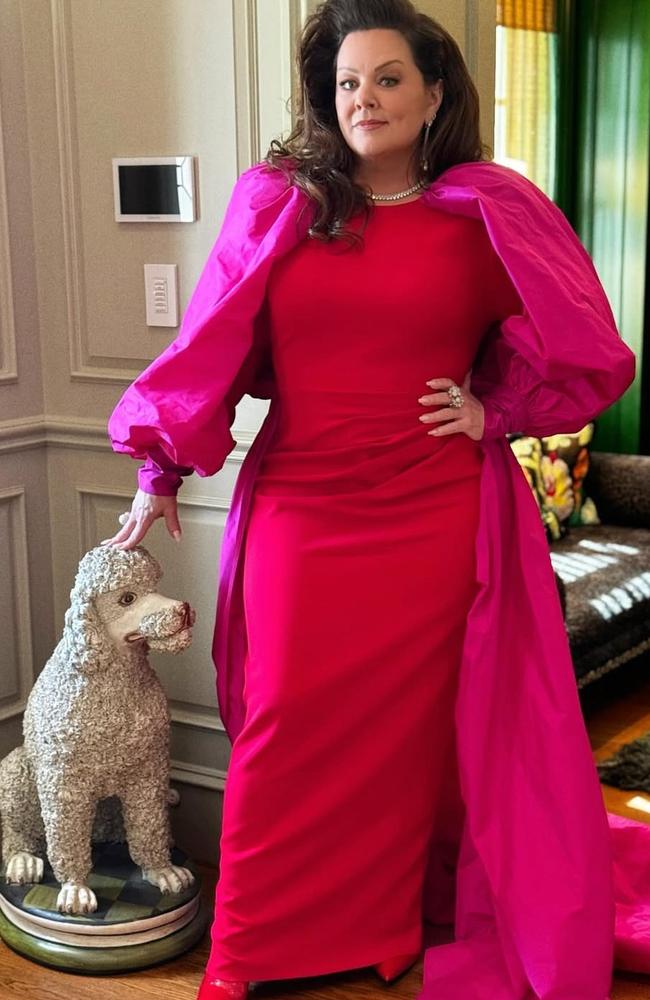Angela Mollard: Why I’m struggling with self-censoring all comments about health, fitness or weight loss
Why is it OK to be transparent about depression, anxiety, addiction or other mental health challenges but keep our physical health shrouded in secrecy?, asks Angela Mollard.

News
Don't miss out on the headlines from News. Followed categories will be added to My News.
Never mind Ozempic, when are scientists going to invent an injection that stops you automatically spouting what your brain thinks?
I ask because this week I complimented a friend on how great she looks.
I hadn’t seen Gemma* for a couple of months but we bumped into each other on the beach and, wowsers, she looked incredible.
So I said so.
Gemma’s skin was glowing and she looked strong and, well, there’s no point dodging the facts … she’d lost a considerable amount of weight.

She said she’d been training for a half marathon and a health check-up had revealed she had high cholesterol. She was determined to bring that number down.
Anyway, she seemed happy enough that I’d noticed the results of her lifestyle changes which involved cutting out alcohol, following a strict nutrition and exercise plan and rarely socialising. But afterwards I felt bad. Because, as my daughters constantly tell me, we shouldn’t comment on other people’s bodies.

But is it as simple as that? Should I stay silent and not tell my friend she looks great when she’s shed some kilos?
Weight loss is both a minefield and a very personal issue but so is mental health, and in the past decade we’ve been widely encouraged to speak more openly about our struggles. Why is it OK to be transparent about depression, anxiety, addiction or other mental health challenges but keep our physical health shrouded in secrecy? If, as some experts suggest, most of the population will be maintaining their weight with finessed Ozempic-style drugs in the future, surely it’s something we’ll need to discuss?
Admittedly I’m an open book, sharing most elements of my life with you readers (apologies if you were unfortunate enough to open the newspaper one Sunday in 2020 to alight on my nude body). But I’m a huge believer that candour and a little vulnerability is how we build connection. We’re swimming in health information but it’s often the personal stories which cut through.
Which is why I’m struggling with self-censoring all comments about health, fitness or weight loss, because if we discuss these matters we’re not only better informed but more understanding of each other’s challenges.
Besides, those I know who have applied themselves to losing weight genuinely want people to notice. At a book club lunch, one of my friends was noticeably slimmer but no one said anything. It was only later, in a one-to-one chat, that I told her she looked well. “Thank goodness!” she exclaimed. “I’ve lost 10 kilos and it was bloody hard, and none of you seemed to notice.”
Blokes love it when you recognise their weight-loss efforts. They’ll tell you the kilos they’re bench-pressing and their protein intake to the nearest gram. They’ll also fess up to a worrying cardiac calcium score or a bowel cancer diagnosis and regard it as a public service to inform their mates what they’re doing about it. We may criticise men for being inattentive to their health but I’ve noticed they become wonderful evangelists for lifestyle change when they do uncover a problem.
Note how Federal MP and Olympian sport shooter Dan Repacholi has been open about losing 30kg since starting Mounjaro, an Ozempic-style injectable that suppresses appetite. If re-elected, he says he’ll push for the drugs to be listed on the Pharmaceutical Benefits Scheme for those, like him, who struggle with their weight – not just those with diabetes.

Of course, sometimes we’re clumsy. Barbra Streisand may have been verging on rude last year when she wrote on actor Melissa McCarthy’s Instagram: “Did you take Ozempic?” There was a global gasp as observers wondered how the funny girl might respond to the Funny Girl but McCarthy was gracious, posting a video showing herself reading Streisand’s autobiography.
As she said: “Barbra Streisand knows I exist! She reached out to me and she thought I looked good. I win the day.”
But McCarthy is my generation. We’ve lived through the nonsense that was the Grapefruit Diet and the Bread Diet. Our mums ordered Jenny Craig or struggled through Weight Watchers, so weight loss is a familiar narrative. “Battling the bulge” was not an insult but a collegial goal.
But I wanted to know what Gen Z thinks. Remarking on someone’s body isn’t cool, they report.
“If I’ve lost weight and someone comments, it makes me wonder what they thought of me when I was bigger,” says one.
“It’s fine to tell someone they look fit or healthy – just not skinny,” says another.
Yet later, one 20-something privately texted me. She said she’d recently joined a gym and had lost weight. Her mum’s friends had noticed but didn’t like to say anything to her directly. But they’d told her mum she looked fit.
“I’m conflicted,” she wrote.
“We’re supposed to shut up about bodies but, when you’re trying to improve your health, it’s rewarding when others notice. It encourages me to keep going.”
*Not her real name
ANGE’S A-LIST
Silent Witness
If you loved Adam Kay’s This Is Going to Hurt, you’ll be fascinated by Unnatural Causes by forensic psychologist Dr Richard Shepherd. He takes us through the mortuary door to the complex and secret world of unexplained or sudden death while revealing the toll his job takes on family life.
Hamman at Home
Anyone who’s visited a Turkish or Moroccan bath house will know that super scrubbed feeling which is why I’m obsessing about Marrok (marrok.com.au), an exfoliating black soap, scrub mitt and argan oil which makes your skin glow. Founded by Australian Nicole Browne, the range is super luxurious and would make a great Mother’s Day gift.
More Coverage
Originally published as Angela Mollard: Why I’m struggling with self-censoring all comments about health, fitness or weight loss





